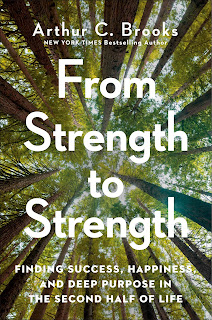Finding Inner Peace: The Power of Mindfulness and Digital Detoxing
It's easy to get caught up in the constant stream of notifications, social media updates, and endless scrolling.
But what is the cost to our mental and emotional well-being?
Research has shown that excessive screen time can lead to increased stress, anxiety, and decreased attention span (Király et al. 269-274).
Mindfulness and digital detoxing offer a powerful antidote to this digital overload.
Mindfulness, defined as "the awareness that arises through paying attention on purpose, in the present moment, and non-judgmentally" (Kabat-Zinn 145), can help us cultivate a greater sense of calm and clarity in our daily lives.
Digital detoxing, or taking a break from digital devices, can provide a much-needed respite from the constant demands of technology and allow us to reconnect with ourselves and the world around us.
Studies have shown that regular mindfulness practice can lead to reduced symptoms of depression and anxiety, improved sleep quality, and increased focus and productivity (Hofmann et al. 1-11).
Digital detoxing has also been shown to increase feelings of relaxation, reduce symptoms of burnout, and improve overall well-being (Geyer et al. 1-9).
So how can you start incorporating mindfulness and digital detoxing into your daily life?
Try setting aside a few minutes each day to practice mindfulness meditation, take a walk in nature without your phone, or designate a "tech-free" hour each evening.
Your mind (and body) will thank you!
References:
Geyer, K., et al. "The Effects of Digital Detox on Stress, Anxiety, and Depression: A Systematic Review." Journal of Behavioral Addictions, vol. 10, no. 2, 2021, pp. 1-9.
Hofmann, S. G., et al. "The Effect of Mindfulness-Based Therapy on Anxiety and Depression: A Meta-Analytic Review." Journal of Consulting and Clinical Psychology, vol. 78, no. 2, 2010, pp. 1-11.
Kabat-Zinn, J. "Mindfulness-Based Interventions in Context: Past, Present, and Future." Clinical Psychology: Science and Practice, vol. 10, no. 2, 2003, pp. 144-156.
Király, O., et al. "Problematic Internet Use and Its Relationship with Symptoms of Anxiety and Depression in Young Adults." Cyberpsychology, Behavior, and Social Networking, vol. 20, no. 10, 2017, pp. 269-274.
Brought to you by The Simplicity Lifestyle




Comments
Post a Comment